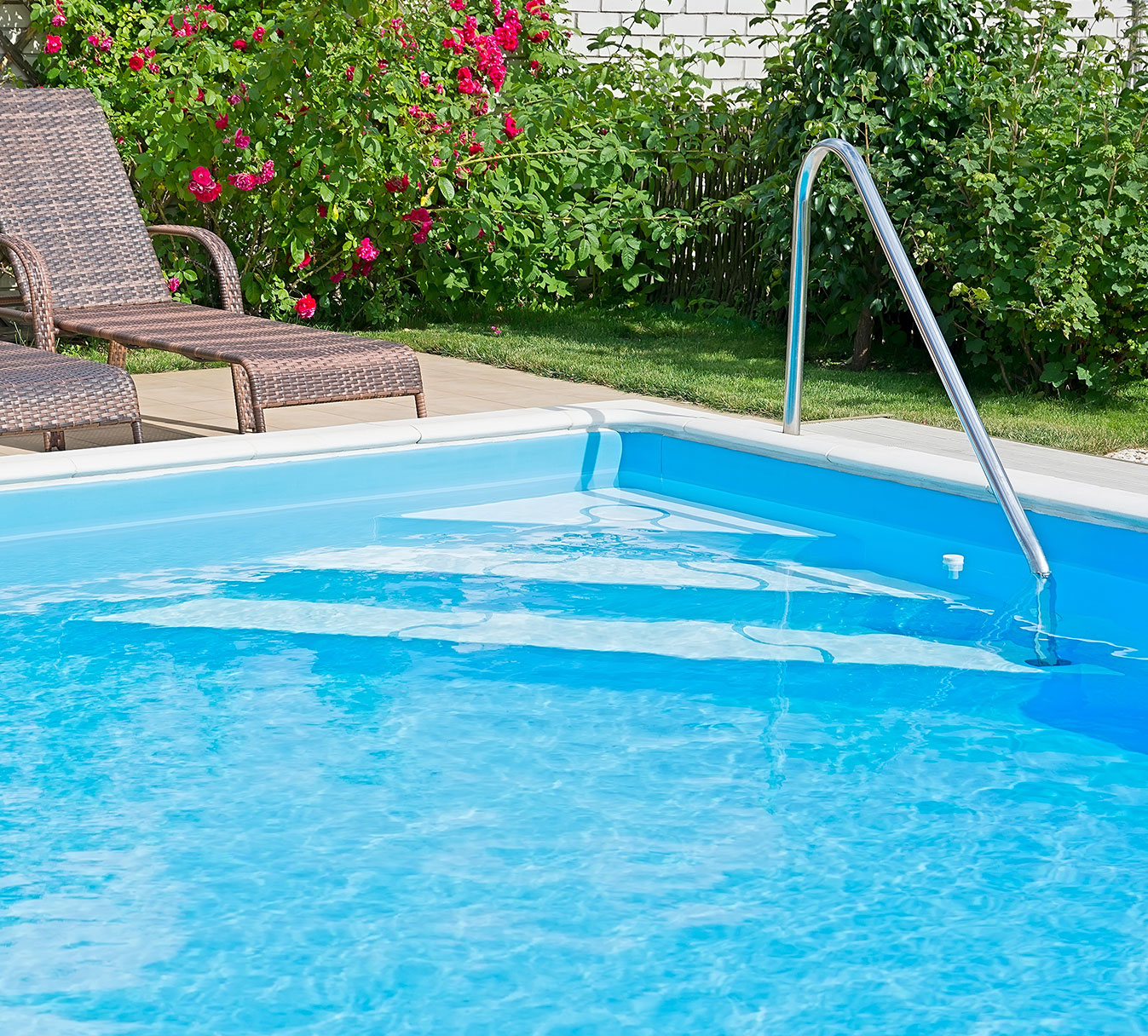Before you go:
- Teach children how to swim.
- Provide lifejackets to non-swimmers.
- Learn CPR.
- Talk to children about water safety, including to stay away from drains and the buddy system.
- Make sure your cell phone is fully charged.
- If you’re taking multiple children, consider having more than one adult go.
When you get there:
- Inspect the pool and surrounding area for hazards
- A missing drain cover could allow for suction that might trap someone below water.
- Broken or missing steps and handrails to exit the water could lead to injury.
- Slippery or uneven surfaces might cause a fall into the water.
- Look for safety devices or lifeguards
- Are there adequate numbers of lifeguards for the number of people using the pool?
- If there are no lifeguards, is there any flotation or lifesaving devices nearby?
- Is the pool fenced off to prevent small children from accidentally falling in?
- Be vigilant
- It only takes a second for a water injury to occur, always watch children when around water.
- When swimming, make sure you are aware of others to avoid collisions or rough-housing.
- Stay out of the water if you feel fatigued or ill.
- Be firm with children about water safety and call it a day if rules are not being followed.
After Pool Time:
You may think that leaving the pool area is the end of your safety concerns and it very likely is. But it is important that if you or your child had any water mishap, even if it was quickly resolved and the fun continued, that you monitor the situation.
There is a rare phenomenon called “dry drowning,” although the term is a poor description. Medical authorities prefer “post-immersion syndrome” or even “delayed drowning.” What it refers to are instances where a person dies more than 24 hours after swallowing or inhaling liquid but had showed no signs of serious breathing trouble at the time.
In a case of delayed drowning, doctors believe liquid stimulates the voice box, “causing the organ to spasm and shut,” according to an article in Medical News Today. With the voice box closed, liquids end up where they shouldn’t be, and “drowning” can occur.
Speak to a Lawyer If There’s Been a Pool Accident
Sometimes no matter how careful someone is around a pool; an accident can occur through the negligence of others. If that happens, the personal injury attorneys of Hecht, Kleeger & Damashek, Personal Injury Lawyers, P.C. can help you get the compensation you deserve. The laws of premise liability can be complex and tedious. We will handle the legal matters, including with the insurance companies, while you focus on more important matters of healing or grief.
A lawyer can help to determine against whom to file suit. This may be, for example, a private individual, a hotel or gym owner, or even a government agency. It may be the owner or manager of the property on which the pool is located, or the owner or operator of the business which made the pool available or accessible.
If the pool was not adequately enclosed, drains were not maintained, lifeguards were not provided or were negligent, or warning signs were not provided, you have grounds for a claim. This is also the case if defective products such as pool toys and flotation devices were defective and such a suit would involve the manufacturer or seller.



